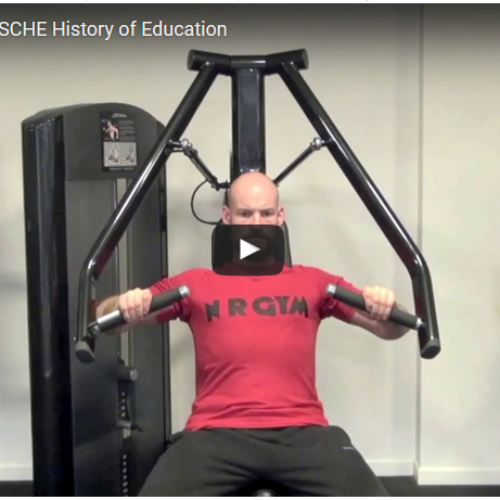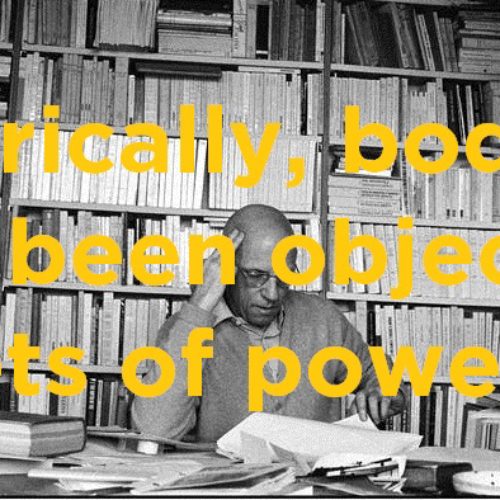Georges Vigarello “Education and the Body”
This video from Georges Vigarello (École des hautes études en sciences sociales – Paris, France) is one of four lead off recordings in which historians discuss education and the body as part of the ISCHE April 2017 History of Education Salon. Captions available in French and English.
Please feel free to add comments below or craft your own blog post to contribute to the conversation.
About author
You might also like
Pieter Verstraete “Education and the Body”
This video from Pieter Verstraete (KU Leuven, Belgium) is one of four lead off recordings in which historians discuss education and the body as part of the ISCHE April 2017
body fallacies (blog post from Pablo Scharagrodsky)
I have listened and, above all, felt beautiful problematizations from Georges Vigarello, a classic author that always worth re-reading, Mona Gleason, Pieter Verstraete, Rebecca Rogers and Inés Dussel. From different
Inés Dussel “Education and the Body”
This video from Inés Dussel (DIE-CINVESTAV, Mexico) is one of four lead off recordings in which historians discuss education and the body as part of the ISCHE April 2017 History





2 Comments
Attali M.
April 03, 10:21Jean-François
April 04, 06:58